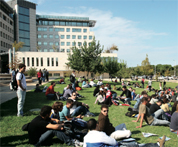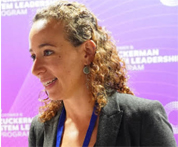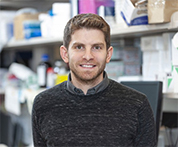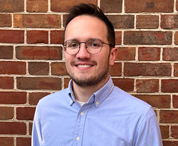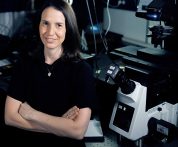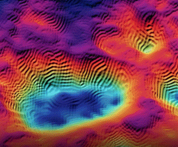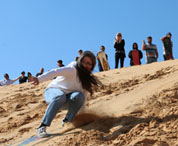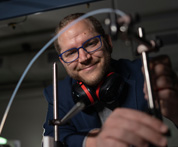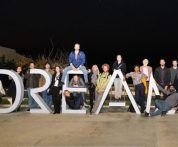For her PhD in Life Sciences at the Weizmann Institute of Science, Dr. Shiri Kult Perry studied the transitional tissue which attaches elastic tendons to stiff bones. She discovered that the cells in this tissue activate a combination of genes that are expressed in one of the neighboring tissues, tendon or cartilage. This transitional tissue also shares regulatory elements with different neighboring tissues, tendon or cartilage. She then identified regulators that play a key role in the development of this transitional tissue, the Krüppel-like factors transcription factors (KLF). Her methods included single-cell RNA sequencing, ATAC sequencing, and mouse assays.
In her postdoctoral work, Dr. Kult Perry will employ similar methods, this time working with amphibians, as she seeks to explain the mechanisms of wound healing and regeneration of vertebrate lungs. Appointed as a Chicago Fellow to the Department of Organismal Biology and Anatomy, University of Chicago, Dr. Kult Perry expects her study to uncover new signaling pathways and transcriptional networks that regulate different aspects of lung regeneration. Her work can be divided into three main steps: She will first use tissue processing methods and molecular tools to study lung embryonic development and evolution in amphibians, then focus in on the regenerative capacity and stages of healing in damaged amphibian lungs, and finally conduct genome-wide profiling of regenerating lung‑specific regulatory regions.
Dr. Kult Perry’s findings may have significant implications for major respiratory pathologies in humans, by uncovering the underlying regulatory mechanisms and developing new treatments for human lung diseases that involve inflammation, such as chronic obstructive pulmonary disease, acute respiratory distress syndrome related to Covid-19, lung transplantation, and cancer, as well as chronic lower respiratory diseases.
 ISRAELI COUNCIL FOR HIGHER EDUCATION
ISRAELI COUNCIL FOR HIGHER EDUCATION MIT-Israel Zuckerman STEM Fund for Faculty Collaboration
MIT-Israel Zuckerman STEM Fund for Faculty Collaboration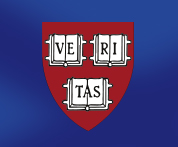 The Zuckerman Travel and Research STEM Fund at Harvard
The Zuckerman Travel and Research STEM Fund at Harvard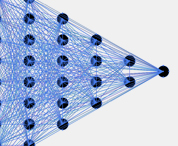 Zuckerman AI Fund at Technion
Zuckerman AI Fund at Technion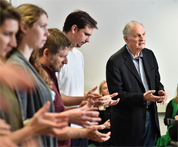 Alan Alda Communicating Science
Alan Alda Communicating Science Zuckerman Institute – ScienceAbroad
Zuckerman Institute – ScienceAbroad Zuckerman Institute – America-Israel Friendship League partnership
Zuckerman Institute – America-Israel Friendship League partnership



